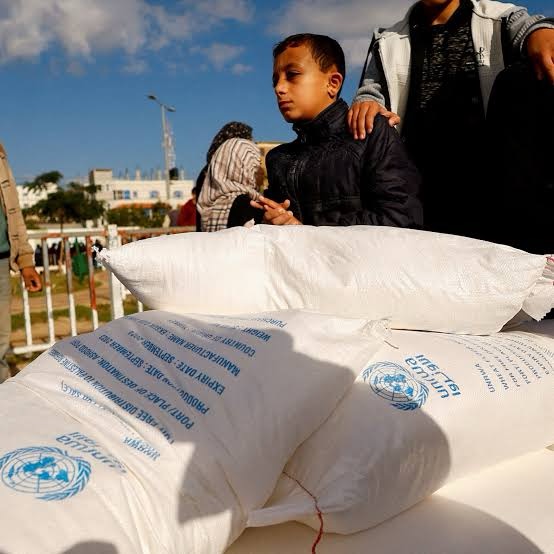UN Gaza aid chief criticizes global response to humanitarian crisis
Sigrid Kaag, the UN’s leading official for aid and reconstruction in Gaza, has delivered a stark warning about the international community’s failure to adequately support the civilians in the war-torn territory.

Sigrid Kaag, the UN’s leading official for aid and reconstruction in Gaza, has delivered a stark warning about the international community’s failure to adequately support the civilians in the war-torn territory.
In an exclusive interview with the BBC, Kaag described the situation in Gaza as a “significant catastrophe,” and her forthcoming report to the UN Security Council is expected to be “very somber and perhaps dark.”

Kaag, who has been overseeing aid delivery for the past nine months, highlighted the dire conditions on the ground. Despite the establishment of aid systems and ongoing efforts by UN personnel, she criticized the current “deconfliction” measures designed to protect aid missions, calling them insufficient and noting their failure to ensure safe operations.
Also Read: Kashmir prepares for historic elections after decade of silence
The conflict has led to severe humanitarian challenges, with reports of blocked aid convoys and targeted strikes impacting UN facilities. Kaag revealed that nearly 300 aid workers, including six UN staff members, have died in the ongoing conflict.
In her discussions with senior Israeli officials, including Prime Minister Benjamin Netanyahu, Kaag described the conversations as “constructive” but lamented the slow pace of visible progress. She emphasized the urgency of the situation, stating, “There is not a day, not a second to lose.”
While Israeli officials maintain that aid levels are adequate and deny widespread hunger, Kaag countered with evidence of significant food insecurity among the Gaza population. She also addressed allegations against UNRWA, the UN’s main aid agency in Gaza, asserting the agency’s integrity and noting recent dismissals of staff following investigations.
Reflecting on the deep trauma and ongoing suffering, Kaag expressed hope for resolution and forgiveness for those working to address the crisis, while acknowledging that “there is no compensation for lives lost and trauma incurred.”














